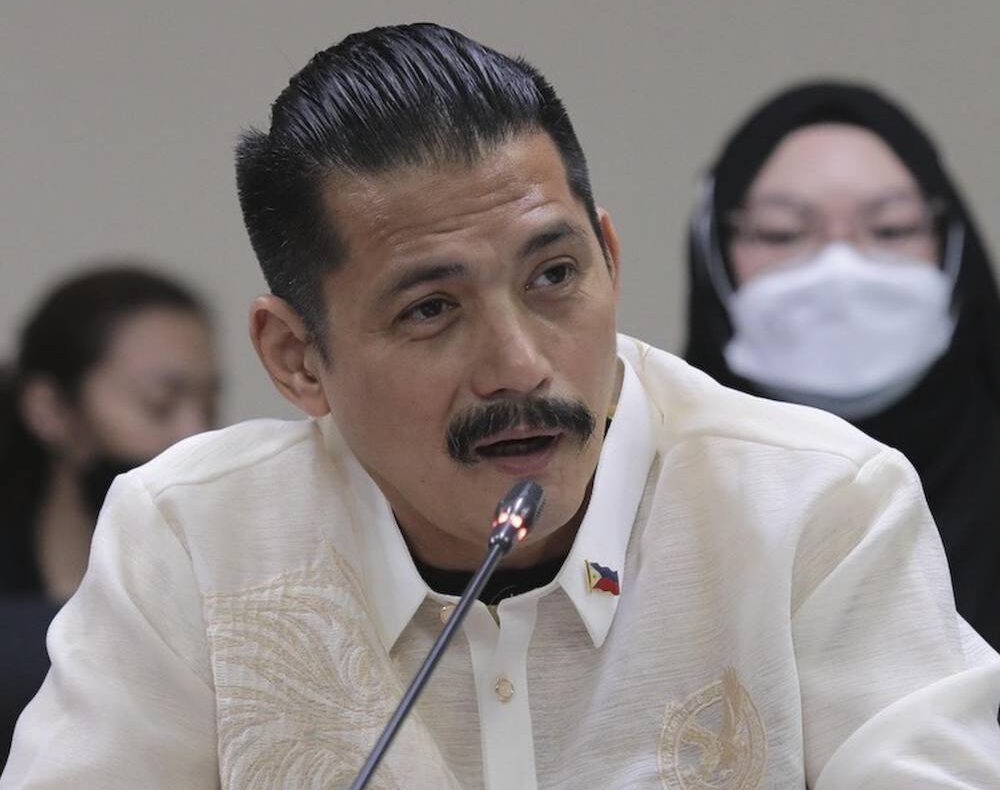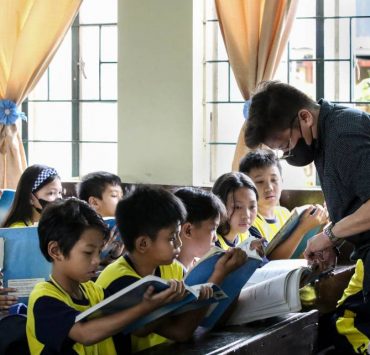Understanding a senator’s cry over a man ‘in heat’

The recent comments of Sen. Robinhood Padilla on marital consent and men’s uncontrollable sexual urges have sparked a heated debate among Filipinos. Thereafter, Padilla issued an apology claiming that his remarks were based on the Bible which, according to him, states that “… ang babae ay nagpapasakop sa lalaki (… the woman submits to the man).”
While many netizens expressed outrage and disgust over the senator’s perspective on women, some agreed with his statements. Even his wife, Mariel, supported her husband by sharing a photo on Facebook of them kissing, with the caption, “O, may consent ’yan, ha.” In the comments section, the couple even exchanged remarks about being in heat.
For a country that continues to lead as the most gender-equal in Asia (based on the Global Gender Gap Report 2023 by the World Economic Forum), why are there still Filipinos who maintain this traditional belief that women should serve their husbands?
Let me first provide a brief discussion on “gender roles” and “traditional gender roles.”
“Gender roles” pertain to “socially acceptable” attitudes and behavior considered appropriate for individuals based on their biological sex. So, who determines what is “socially acceptable”? SOCIETY. Zooming in on society, we have various social institutions: family, education, religion, media, and so forth. And, depending on where or with whom you are, opinions from these institutions vary and even contradict. Gender roles are also determined by “cultural norms” or the shared standards of acceptable behavior that we live by.
“Traditional gender roles,” meanwhile, pertain to how men and women are perceived based on long-established norms or practices, as well as deeply imbedded and accepted definitions of “masculine men” and “feminine women.” I remember that one of the first stories I learned as a child was the story of Malakas and Maganda to refer to dominant traits expected of men and women.
In the Philippines, religious values are deeply intertwined with culture and identity. This can be explained by understanding our historical context. Catholicism was introduced to us in the 16th century. Since then, the canons of Catholicism have served as both the rule of law and a way of life. More than a century after the Spanish colonizers left, their Catholic teachings have stayed and continue to shape our values as Filipinos.
Thus, it’s not surprising that Padilla would quote a religious scripture when defending the “sexual rights” of husbands. In fact, he was not the first politician to have done so while doing their legislative functions. Whether we like it or not, his statements on women resonated with many who continue to subscribe to the biblically ascribed roles of women.
Many Filipino husbands and wives would still agree that a woman should be dominated by her man, simply because the Bible says so. It’s just that social media creates this illusion that we, as a nation, have a cohesive stance that is geared toward favoring the more modern and progressive perspectives on women’s roles. This, because those who have a more traditional take on women’s roles are usually not as virtually present nor as vocal online as those who have a more progressive take on the matter.
In the end, while many have expressed their disappointment over Padilla’s traditional views on women’s roles, especially since he’s in a position to change and shape our laws, his comments provided an opportunity for a broader discussion on gender roles in Philippine society. It also catalyzed broader discussions on related concepts such as “consent” and “marital rights.”
Hopefully, this issue would encourage more Filipinos to engage in conversations on the implications of having traditional versus modern perspectives on women’s roles in today’s Philippine society. Doing so would help us understand our kababayan’s stance on other relevant sociopolitical issues involving women and women’s rights.
Minami Iwayama,
lawyer and assistant professor,
Polytechnic University of the Philippines-Department of Sociology and Anthropology

















